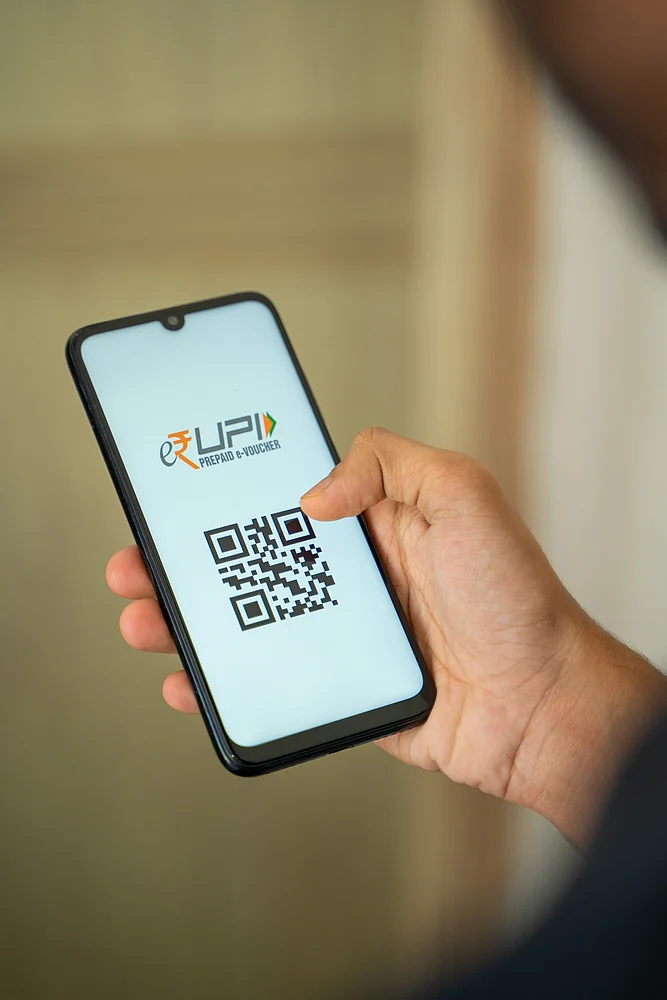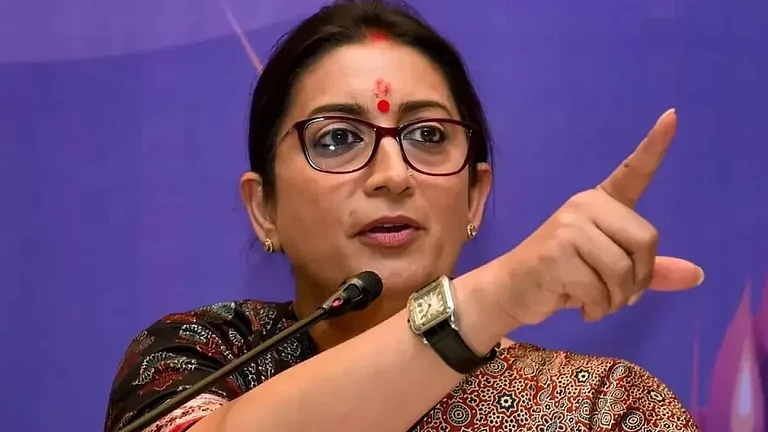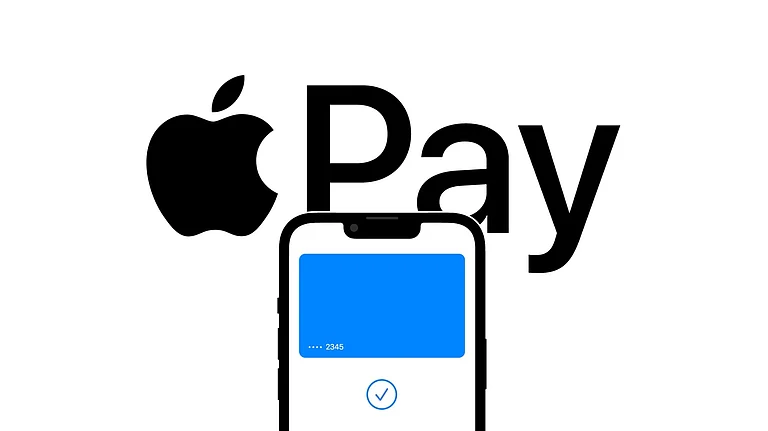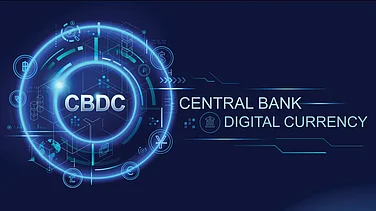More women in India now use the internet: mobile internet adoption increased to 37% in 2023 (from 31% in 2022), narrowing the gender gap by 10 percentage points (GSMA Mobile Gender Gap Report 2024). This rise in internet adoption presents a unique opportunity to enhance women’s participation in digital financial services (DFS). The Unified Payments Interface (UPI) is a key catalyst for this shift—its simplicity allows women, particularly from peri-urban and rural areas, to overcome technological barriers and engage in the digital economy.
Digital Payments Empower Women Micropreneurs
For women micropreneurs, digital payments offer more than just transactional ease—they help build a digital footprint essential for accessing financial services such as credit and insurance. These women, often on the fence about fully adopting digital payments, can be considered “Fence Sitters.” While they may occasionally use UPI, there is inertia in fully integrating digital payments into their businesses. This hesitation stems from multiple factors, including transaction failures, adoption challenges within the supply chain, and the persistence of cash-heavy ecosystems. These barriers prevent women micropreneurs from fully benefiting from the digital financial landscape.
A key challenge is the lack of awareness about UPI merchant offerings. Many women small-business owners are unfamiliar with the available digital payment solutions and how these could benefit their businesses. However, when introduced to these benefits in a gender-sensitive manner through trusted community networks, women show a clear willingness to adopt digital payments. Findings from the National Payments Corporation of India’s (NPCI) UPI For Her project revealed that women micropreneurs are more likely to embrace UPI merchant services when they receive targeted, trust-based engagement. In fact, research suggests that up to four million women could become active UPI merchants immediately if they are onboarded through channels that make them feel welcomed and empowered.
Making the Business Case for Digital Payments
Digital payments can transform women-led micro-businesses by addressing barriers associated with cash-based transactions. Solutions like UPI enable women to streamline transactions, reduce the risk of theft or loss, and maintain clear financial records. The project in Ayodhya, Uttar Pradesh, demonstrated this impact—women merchants’ average monthly transactions doubled from 12 in June 2024 to 24 in October 2024. This growth presents a strong business case for payment aggregators to serve this segment. Additionally, once women establish a verifiable financial footprint, they gain access to easy credit, facilitating business expansion.
Collaborating with Grassroots Networks is Key
Women micropreneurs face significant barriers to digital financial adoption—challenges compounded by limited financial literacy. Addressing these requires a tailored approach that acknowledges their unique needs. Research shows that when women receive clear guidance, nearly half anticipate business growth, and 60% of first-time UPI users intend to continue using digital payments.
Grassroots networks, particularly Self-Help Groups (SHGs) and women influencers, have proven highly effective in building trust and confidence. The project with the Uttar Pradesh State Rural Livelihood Mission (UPSRLM) demonstrated this by organizing awareness camps where women micropreneurs learned about UPI merchant services. Community resource persons facilitated onboarding, ensuring transparent communication about fee structures and product features. Notably, women merchants were more willing to share identity details for Know Your Customer (KYC) processes when assisted by trusted SHG members—highlighting the importance of familiarity in overcoming hesitation.
These insights emphasize the need for financial institutions to embed trust-based mechanisms—such as assisted onboarding, KYC facilitation, and troubleshooting—within community networks. By doing so, they can drive sustained engagement, enabling women to transition from basic digital transactions to more complex financial services, ultimately strengthening their financial resilience and economic participation.
A Path Forward: Empowering Women Through Inclusive Digital Ecosystems
The success of initiatives like UPI For Her underscores the transformative impact of grassroots collaborations in driving digital financial inclusion. By leveraging trusted community networks and addressing the unique challenges faced by women micropreneurs, financial services providers and aggregators can empower them to adopt digital payments with confidence. This not only enhances women’s financial independence but also positions them as catalysts for broader digital adoption within their communities.
With over 200 million women ready for digital payment solutions, the opportunity is immense. Financial institutions, policymakers, and payment aggregators must act collaboratively to invest in financial literacy, remove gender-specific barriers, and build trust through transparent and accessible solutions. By doing so, we can unlock the full potential of women micropreneurs, driving inclusive growth at the grassroots level and fostering a more equitable digital economy.
Co-authored by: Pallavi T Madhok, VP-Advisory Services, South Asia, Women’s World Banking, and Upasana Taku, Co-founder, Executive Director and CFO, One MobiKwik Systems Ltd.
(Opinions presented belong solely to the author.)


























